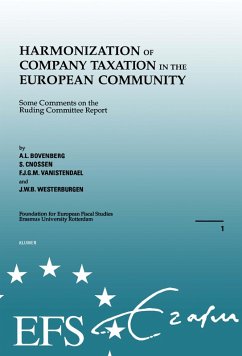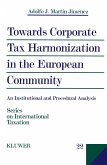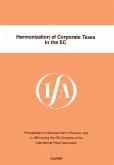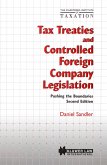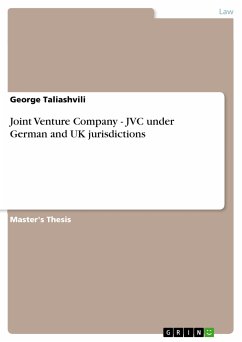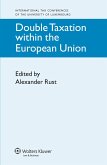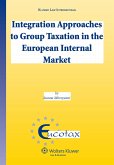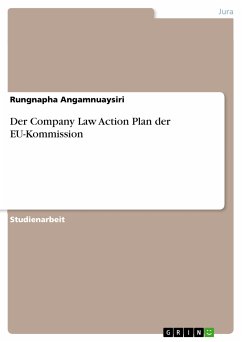In December 1990, a Committee of independent experts on company taxation was set up by the European Commission at the initiative of Mrs. Scrivener, Member of the Commission. The Committee, soon named the Ruding Committee after its chairman, Dr. Onno Ruding, former Minister of Finance of the Netherlands, was asked to consider three questions: Do differences in company taxation distort the workings of the internal market? If so, would market forces or tax competition eliminate these differences? If not, which measures would be necessary to eliminate or mitigate the distortions?The Ruding Committee issued its conclusions and recommendations in March 1992. Although the Committee's formidable background report has not yet been published, the proposals issued by the Committee are already being widely discussed. As a contribution to the ongoing debate, the Foundation for European Fiscal Studies of Erasmus University Rotterdam organized a seminar in May 1992 to discuss the papers submitted by F.J.G.M. Vanistendael (member of the Ruding committee), S. Cnossen and A.L. Bovenberg (professors in the Economics of Erasmus University), and J.W.B. Westerburgen (chairman of the Fiscal Affairs Group of UNICE).This brochure contains the papers of the invited speakers, as well as a summary and introduction prepared by L.G.M. Stevens and is the first in a new series that the Foundation for European Fiscal Studies has initiated. The Foundation, which organizes post-graduate courses on European taz law, aims to encourage research on the economic and legal aspects of tax harmonization and coordination in the European Community.
Dieser Download kann aus rechtlichen Gründen nur mit Rechnungsadresse in A, B, BG, CY, CZ, D, DK, EW, E, FIN, F, GR, HR, H, IRL, I, LT, L, LR, M, NL, PL, P, R, S, SLO, SK ausgeliefert werden.

